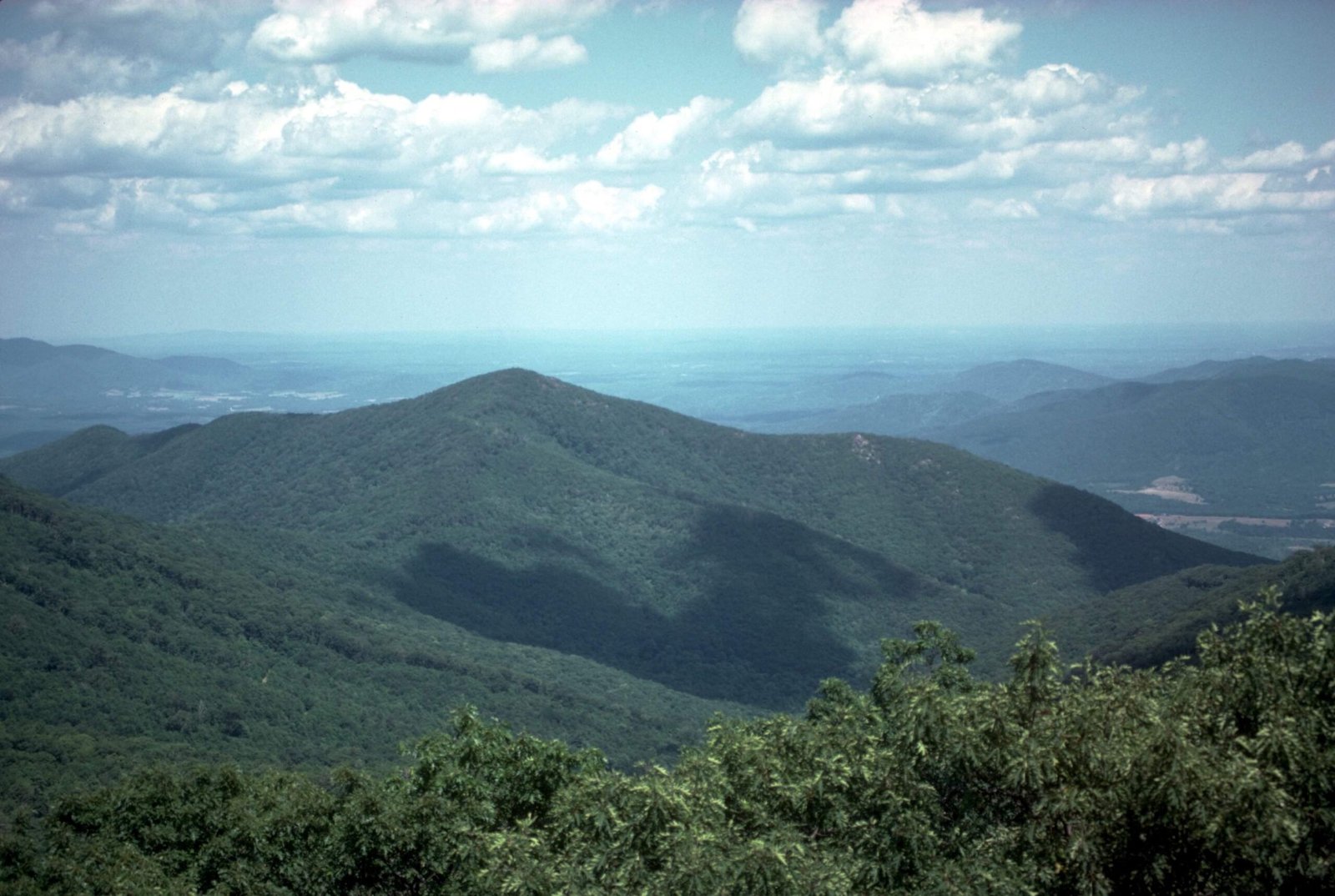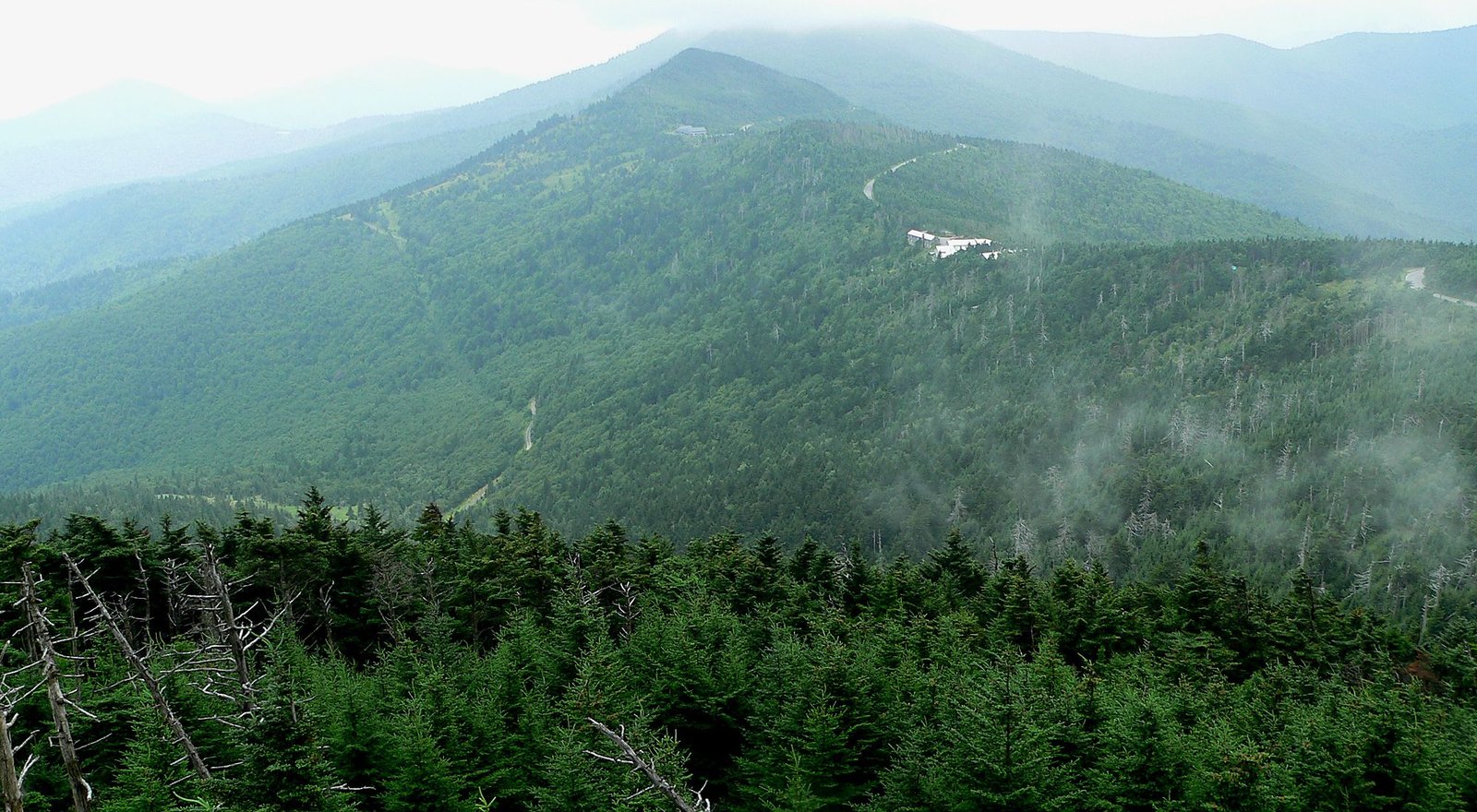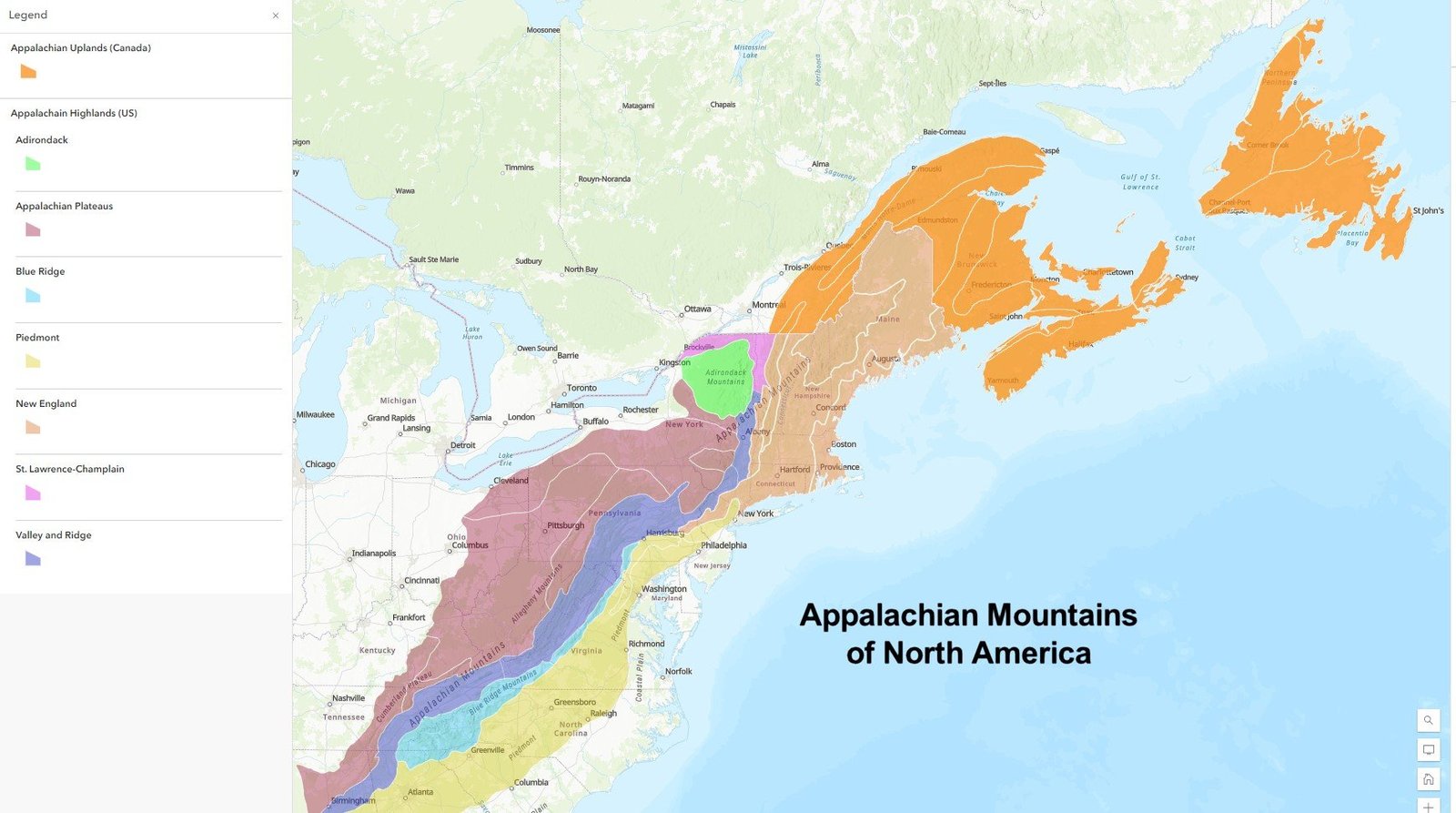Nestled within the rugged Appalachian Mountains, a unique culinary tradition thrives—a gastronomic landscape where local ingredients, ancestral cooking techniques, and community-driven food practices converge to create an extraordinary culinary experience. Appalachian chefs are not just cooks; they are storytellers, preserving generations of mountain wisdom through every carefully crafted dish that celebrates the region’s rich cultural tapestry.
What Makes an Appalachian Chef Unique?

Appalachian chefs distinguish themselves through their deep connection to local terroir, transforming foraged ingredients and traditional techniques into extraordinary culinary expressions. Their approach goes beyond mere cooking—it’s a holistic celebration of mountain culture.
Core Characteristics of Mountain Culinary Expertise
| Skill | Description | Cultural Significance |
|---|---|---|
| Foraging Knowledge | Understanding wild edibles | Preserves traditional ecological wisdom |
| Preservation Techniques | Canning, pickling, smoking | Ensures food sustainability |
| Community Cooking | Collaborative meal preparation | Strengthens social bonds |
What Ingredients Define Appalachian Cuisine?
Wild Harvests
- Forest Treasures:
- Ramps
- Morel mushrooms
- Pawpaws
- Wild berries
- Black walnuts
Protein Sources
- Local Meats:
- Wild game (squirrel, rabbit)
- Locally raised pork
- River fish
- Foraged protein alternatives
How Do Appalachian Chefs Preserve Culinary Heritage?
Preservation isn’t just a technique—it’s a philosophy. Appalachian chefs employ multiple strategies:
- Seasonal Canning
- Transforming summer harvests into winter provisions
- Utilizing traditional glass jar techniques
-
Creating flavor-rich conserves
-
Smoking and Curing
- Developing complex flavor profiles
- Extending meat preservation
- Maintaining ancestral cooking methods
What Techniques Define Mountain Cooking?
Slow Cooking Mastery
- One-pot meals
- Long simmering techniques
- Minimal waste cooking philosophy
Traditional Equipment
- Cast iron skillets
- Wood-fired stoves
- Hand-crafted utensils
Where Can Aspiring Chefs Learn Appalachian Cuisine?
Educational Pathways
- Community cooking workshops
- Local culinary institutes
- Apprenticeship programs with mountain chefs
- Cultural heritage cooking classes
Signature Recipes to Master
Apple Stack Cake
- Multi-layered traditional dessert
- Uses dried apple filling
- Represents community cooking traditions
Mountain Cornbread
- Made with local cornmeal
- Cooked in cast-iron skillet
- Represents resourceful cooking
Professional Development for Mountain Chefs

Certification Options
- Regional culinary programs
- Traditional cooking credentials
- Cultural preservation certifications
Challenges and Opportunities
Appalachian chefs navigate unique challenges:
– Limited ingredient accessibility
– Preserving traditional techniques
– Balancing innovation with heritage
Future of Mountain Cuisine
- Growing national recognition
- Increased culinary tourism
- Preservation of cultural cooking methods
Final Thoughts
Appalachian chefs are more than food professionals—they are cultural ambassadors, preserving a rich culinary narrative through every carefully prepared dish.

